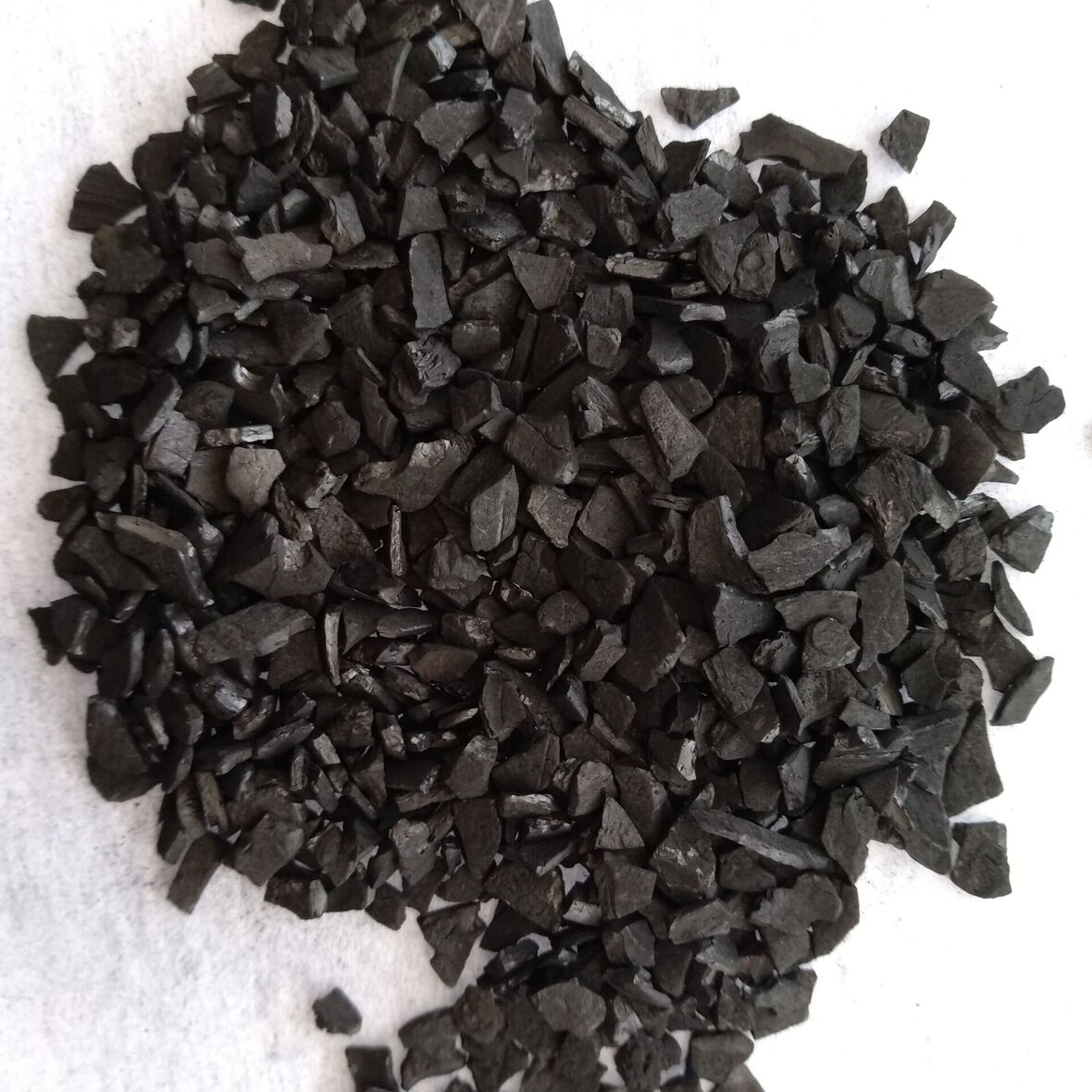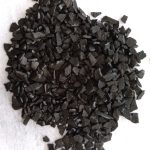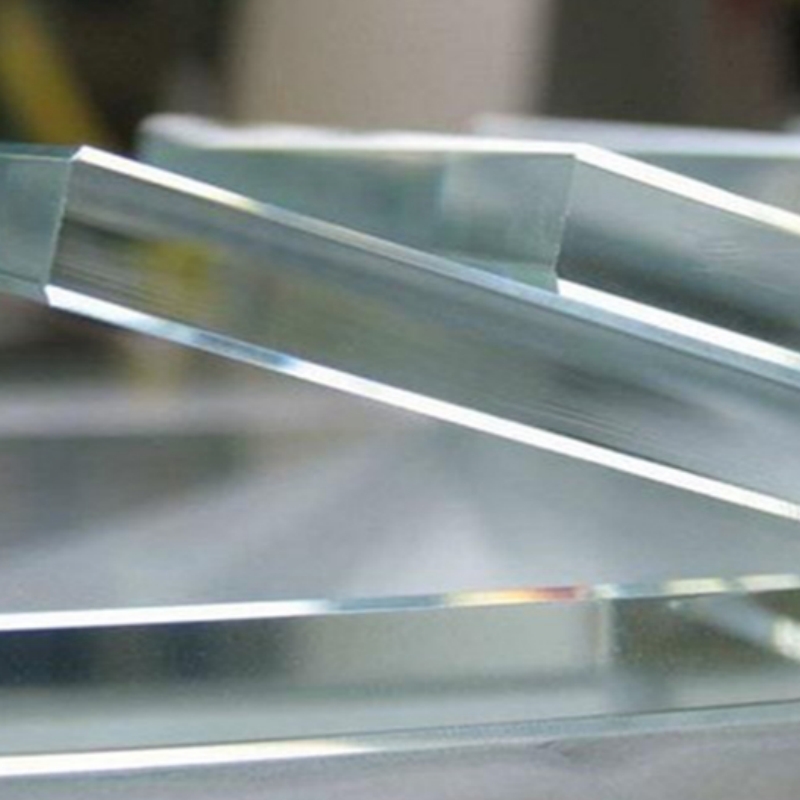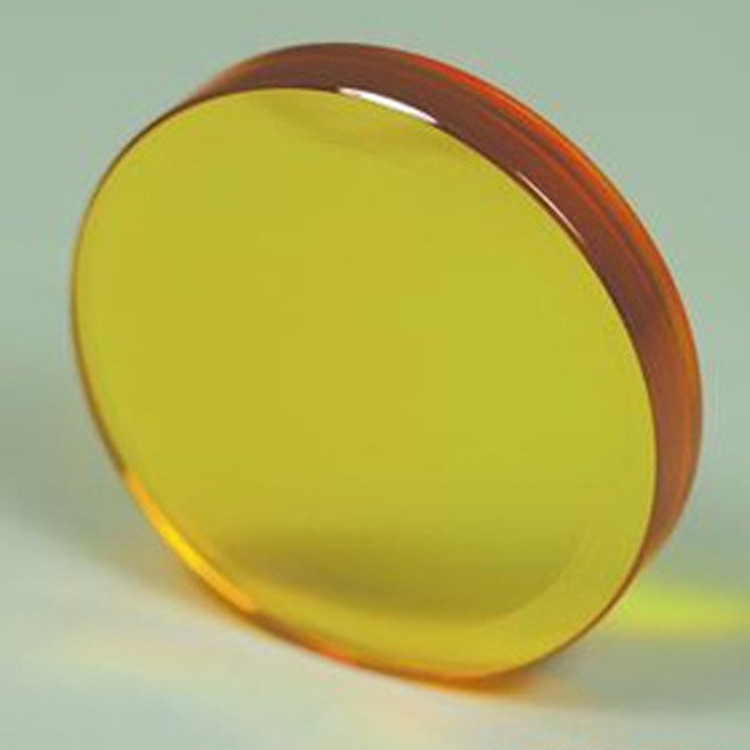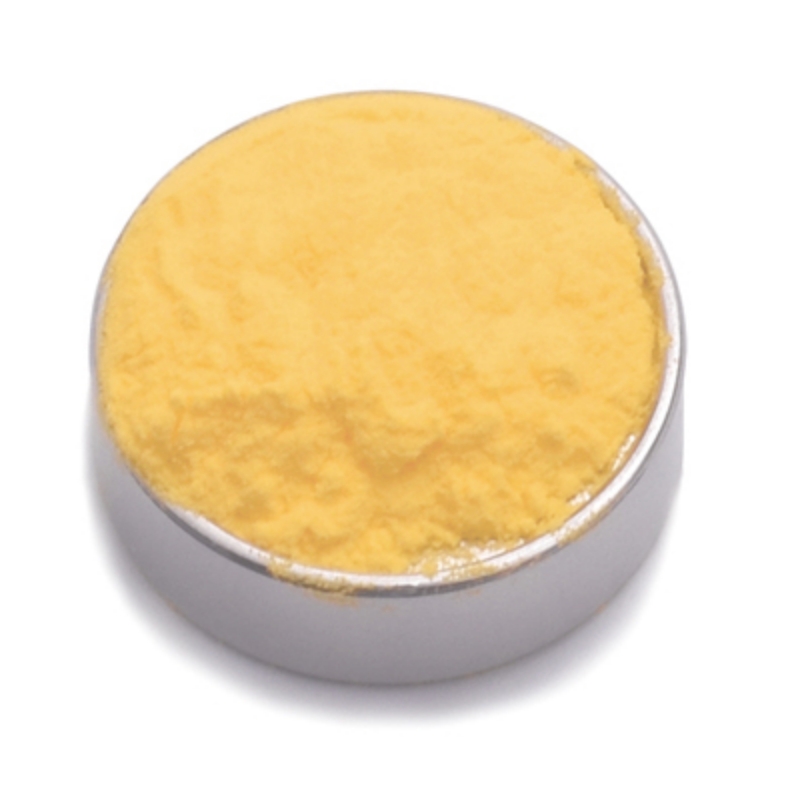Mercaptan conversion catalyst is an advanced catalytic material designed to selectively convert mercaptan compounds into environmentally benign derivatives through hydrogenation and oxidation processes. Engineered with optimized metal-supported formulations, it enhances reaction kinetics, improves impurity removal efficiency, and ensures prolonged operational stability for industrial applications. This catalyst is widely used in fuel desulfurization, petrochemical refining, and large-scale chemical processing, delivering reliable performance for sustainable and cleaner production environments.
Product Overview
The mercaptan conversion catalyst uses high-quality coconut shell activated carbon from Hainan as the support material, with sulfonated phthalocyanine cobalt and other active components. It is specifically designed for deodorizing oil products. This catalyst is widely used in the catalytic cracking of gasoline, naphtha, and other light oils, converting mercaptans to achieve efficient deodorization. The key features include high mechanical strength, long service life, and excellent refining performance. During production, there is no waste alkaline solution discharge, meeting the requirements of clean production. This catalyst has been successfully applied in numerous industrial plants worldwide, with outstanding results.
Key Features
- High Mechanical Strength: The catalyst has high physical strength, allowing it to withstand prolonged use and maintain stability.
- Long Service Life: The catalyst’s long operational life reduces replacement frequency and maintenance costs.
- Excellent Refining Effect: Effectively removes mercaptans from oil products, improving quality and reducing odors.
- Environmental-Friendly: No waste alkaline solution is generated during use, meeting clean production and environmental protection requirements.
- Sustainable and Green Chemistry: As a solid catalyst, it aligns with sustainable development and green chemistry principles.
Applications
- Oil Deodorization: Primarily used for mercaptan conversion in catalytic cracking gasoline, naphtha, and other light oils, achieving deodorization.
- Petrochemical Industry: Suitable for desulfurization and refining in petroleum refining processes, improving oil product quality while meeting environmental standards.
- Environmental Protection: Applied in clean production, reducing harmful waste emissions and supporting modern industrial green production requirements.
| Property | Value |
| Appearance | Black amorphous pellets |
| Particle Size (mesh) | 4~8 |
| Bulk Density (kg·L⁻¹) | 0.50~0.60 |
| Strength (N/cm) ≥ | 85 |
| Parameter/Unit | Range |
| Temperature (℃) | 20~80 |
| Pressure (MPa) | >0.1 |
| Liquid Hourly Space Velocity (LHSV, h⁻¹) | ≤1.0 |
| Bed Height-to-Diameter Ratio | 3~6 |
| Inlet H₂S Content (μg·g⁻¹) | <1 |
| Post-Denitration Thiol Sulfur (ppm) | <10 |
| Or Doctor Test | Pass |
 new material
new material

